
Autism Spectrum Disorder (ASD)
Step into a new era of healing at Infinity Stem Cells, where cutting-edge science meets the body’s innate potential. Our advanced cell regeneration therapies, centered on mesenchymal stem cells (MSCs), harness the transformative power of cellular renewal to address a wide range of conditions, restoring vitality and igniting wellness from within.
|
|
|
|
|
|
|
What is Autism Spectrum Disorder (ASD)
Autism Spectrum Disorder (ASD) is a neurodevelopmental condition that affects how a person communicates, interacts socially, and behaves. It is called a “spectrum” because it includes a wide range of symptoms and severity—from highly independent individuals to those who need substantial support in daily life.
ASD typically appears in early childhood and lasts throughout a person’s life. While the exact cause is unknown, a combination of genetic and environmental factors is believed to play a role.

What Are the Symptoms?
Symptoms of autism vary widely, but common signs include:
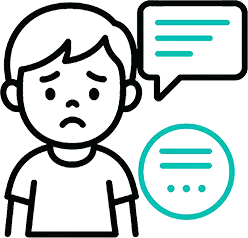
Communication challenges
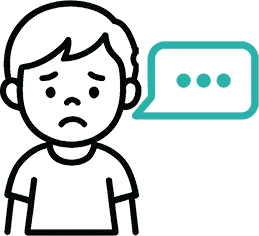
Delayed
speech
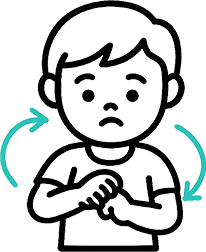
Repetitive behaviors

Routines or sameness
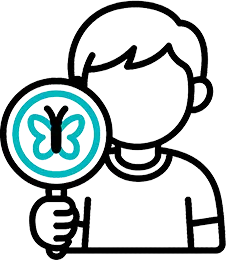
Highly focused interests
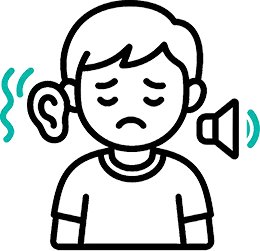
Sensory sensitivities
Current Treatments
for Autism Spectrum Disorder (ASD)
While there is no cure for ASD, early and individualized treatment can significantly improve outcomes:
Behavioral Therapy: Applied Behavior Analysis (ABA) is a widely used method to improve communication, social skills, and daily functioning.
Speech & Language Therapy: Helps with communication, articulation, and understanding language.
Occupational Therapy: Focuses on motor skills, sensory integration, and daily life skills.
Educational Support: Special education programs tailored to the child's needs can aid academic and social development.
Medication: May be prescribed to manage symptoms like anxiety, irritability, or hyperactivity.
What Are the Outcomes?
ASD is a lifelong condition, but with the right support, many individuals can thrive, develop meaningful relationships, and achieve independence. Early intervention and a consistent care plan tailored to the individual's needs are key. Outcomes vary—some people require full-time care, while others lead independent, successful lives.
Stem Cell Therapy for Autism Spectrum Disorder (ASD)
Stem cell therapy is an emerging area of research in the treatment of ASD. It focuses on using mesenchymal stem cells (MSCs) or umbilical cord blood cells to potentially reduce brain inflammation and improve neural function.
Potential Benefits:
May improve behavior, language, and attention in some individuals
Aims to regulate immune responses and repair affected neural pathways
Currently offered in clinical trials and research settings only
While still experimental, early studies show potential for slowing cognitive decline. Clinical trials are ongoing, and stem cell therapy is not yet a standard treatment, but it represents an exciting frontier in Alzheimer’s research.
Science, Simplified: Our Therapy Process
It’s important to note that stem cell therapy for autism is still experimental, and not approved as a standard treatment. Families should consult healthcare professionals and thoroughly research clinical trial options.
Site
Target
Depth
Forehead & Eyes
Cheeks & Jawline
Under-Eye Area
Full Face
Wrinkles, crow’s feet
Volume loss, elasticity, hydration
Dark circles, fine lines
Texture, glow (via microneedling)
1–2 mm (superficial dermis)
2–4 mm (deep dermis)
1–1.5 mm (cautious use)
0.5–1.5 mm
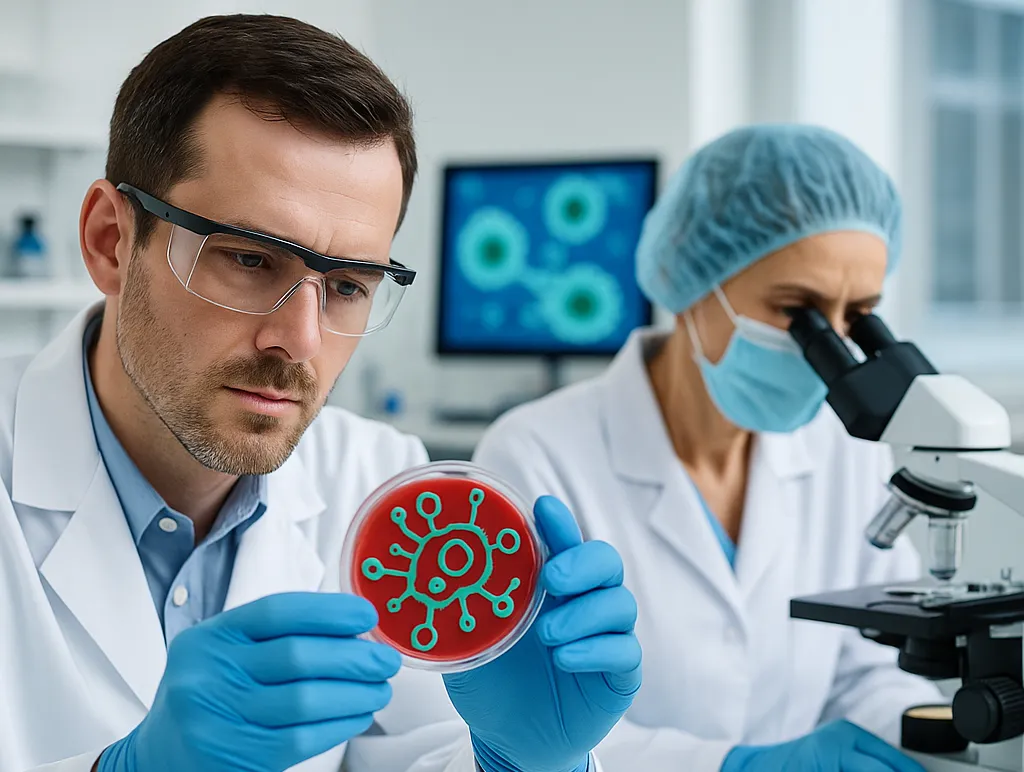
Why Consider
Stem Cell Therapy?
Non-surgical and outpatient
Focuses on long-term healing, not just symptom relief
Supported by early-stage clinical research
Ethically sourced, high-quality regenerative cells
Find Out If You're a Candidate >>
Talk to an Expert >>
Explore the Science Behind It >>
Frequently Asked Questions
Is this FDA-approved?
Stem cell therapies using ethically sourced regenerative cells are regulated under strict guidelines by the FDA. While certain applications have explicit FDA approval, others are administered under FDA guidelines as investigational therapies, complying fully with regulatory standards to ensure safety and quality.
What are the risks or side effects?
Stem cell therapy is generally safe with minimal risk. Common mild side effects can include temporary soreness, swelling, or minor bruising at the injection site. Rarely, more serious complications such as infections or allergic reactions can occur. Our medical team thoroughly evaluates each patient to minimize these risks.
How long until I feel results?
Patients often notice initial improvements within days to weeks, with more substantial benefits progressively occurring over the following months as the regenerative process continues. Individual experiences can vary depending on the condition's severity and personal health factors.
How many sessions are required?
Many patients experience significant improvements after a single session. However, depending on individual conditions and response to treatment, additional sessions may be recommended to maximize outcomes. Our specialists provide personalized recommendations during your consultation.
Is this covered by insurance?
Insurance coverage varies depending on the specific policy and condition being treated. While regenerative therapies are not universally covered, some plans offer partial or full coverage. Our administrative team will assist you in verifying insurance coverage and exploring financial options to support your treatment.
Connect with Us
Quick Links
Copyright© 2025 Scientific Infinity - All Rights Reserved.
